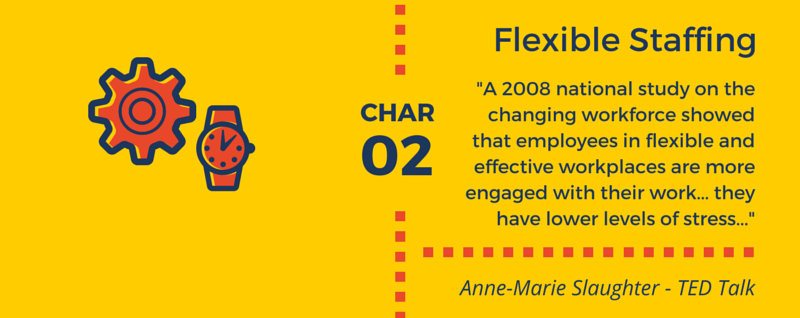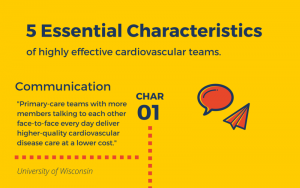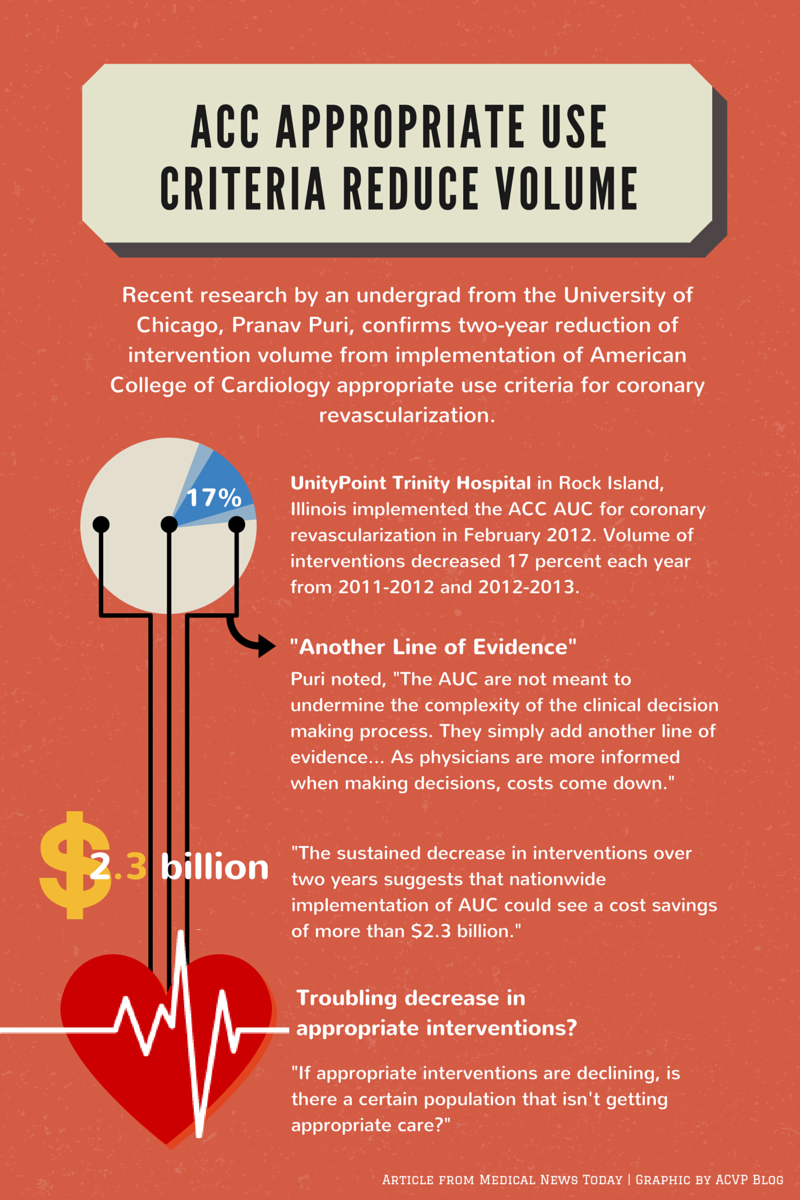
Anne-Marie Slaughter, former Director of Policy Planning for the US Department of State, gave a TED talk in 2013 where she discussed work-life balance---how it helps employers and employees, and how it can facilitate gender equality in the work place.
Her talk offered an excellent perspective on an important societal issue, but it also outlined the beneficial effects of giving employees flexible schedules.
In cardiovascular care, flexible scheduling is not impossible or unreasonable. The importance of work-life balance and its effects on everything from quality of care to the bottom line make flexible staffing the second of our 5 essential characteristics of highly effective cardiovascular teams.
Continue reading Essential Characteristic #2 – What Flexibility can do for you
 In March, researchers from the University of Wisconsin School of Medicine and Public Health
In March, researchers from the University of Wisconsin School of Medicine and Public Health 